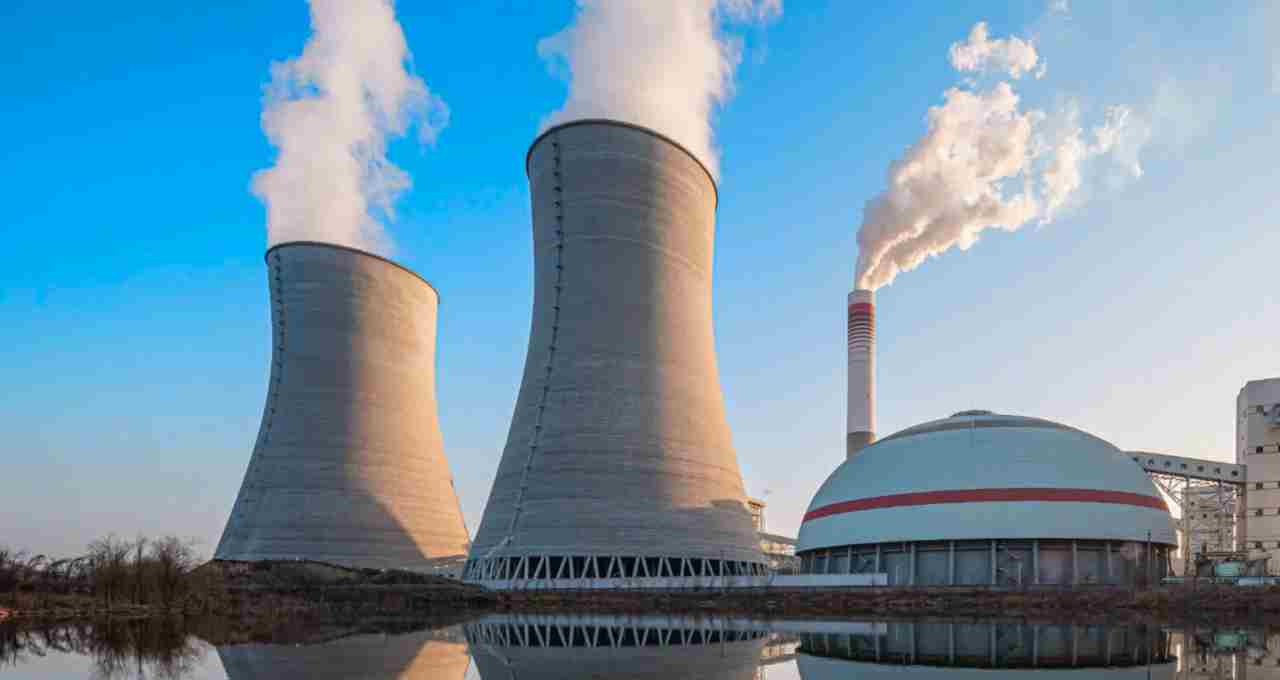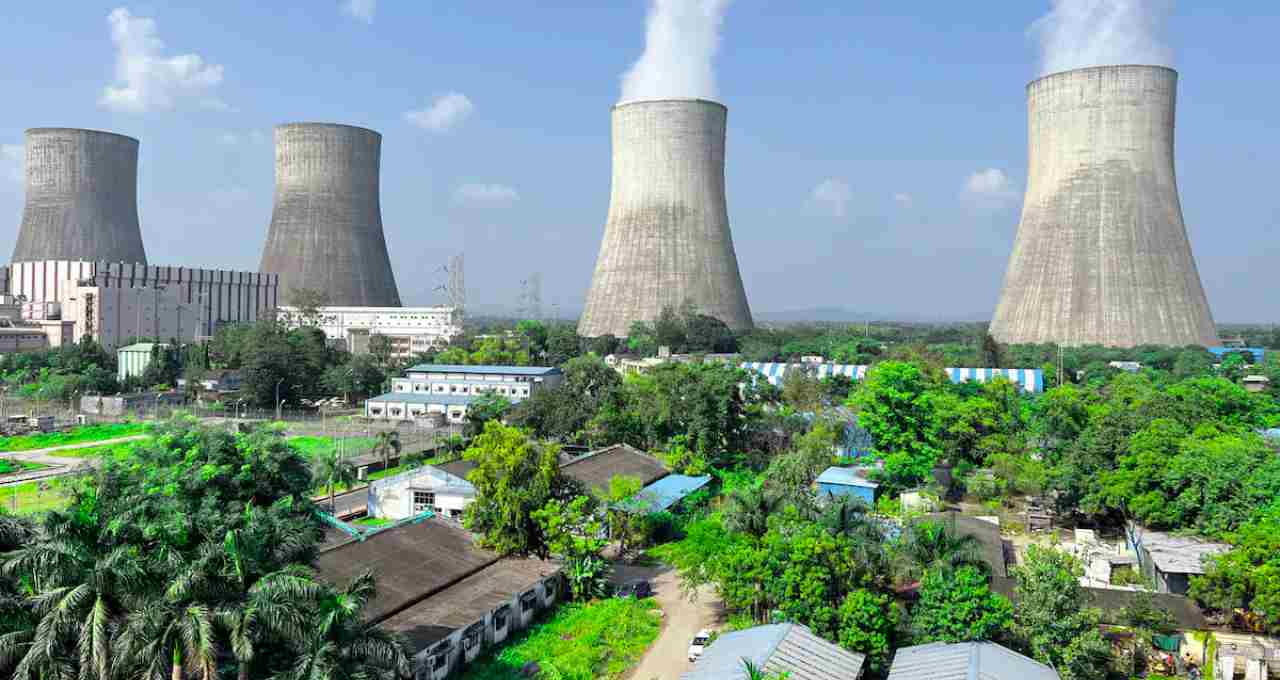India's energy policy is poised for a significant shift. The central government is preparing to undertake sweeping reforms to existing laws to attract private investment in the nuclear energy sector.
Atomic Energy: The central government is preparing to take a major step in the nuclear energy sector. The government aims to achieve an ambitious target of 100 gigawatts of atomic energy production by 2047 and is planning to boost private sector participation to achieve this goal. According to government sources, significant amendments to the Atomic Energy Act and the Civil Liability for Nuclear Damage Act are under consideration.
Amendments to the Atomic Energy Act could allow private companies to enter the sector, while revisions to the Civil Liability Act aim to somewhat reduce the liability of equipment suppliers, making them more willing to invest and partner.
Proposed Amendments to the Atomic Energy Act
Sources indicate that the government is considering amendments to the Atomic Energy Act, 1962, to allow private companies not only to supply technology and equipment but also to participate in plant construction and operation. Simultaneously, changes are planned for the Civil Liability for Nuclear Damage Act, 2010, to reduce the legal liability of equipment suppliers.

It is noteworthy that in 2020, Finance Minister Nirmala Sitharaman, in her budget speech, announced the opening of the nuclear energy sector to the private sector. At that time, it was clarified that private participation would be promoted for research reactors and medical-industrial uses. However, concrete implementation following that announcement has been slow. Now, the government is considering changing the legal and institutional framework to implement that announcement on the ground.
SMR: High Hopes for Small Reactors
Under the nuclear energy mission, small modular reactors (SMRs) have been prioritized. The government aims to commission at least 5 indigenously developed SMRs by 2033. ₹20,000 crore has been allocated for this purpose. SMRs are low-cost, safe, and flexible reactors, with growing global demand.
Officials from the Department of Atomic Energy believe that approximately 50% of the 100-gigawatt target by 2047 will be achieved through public-private partnership (PPP) models. A financial model is also being developed, which will include features such as government guarantees, viability gap funding (VGF), and tax breaks.

Anticipation of International Collaboration
Following the 2008 India-US civilian nuclear agreement, India received a waiver from the Nuclear Suppliers Group (NSG). This led to foreign companies showing interest in setting up nuclear plants in India. However, the 2010 Civil Liability Act became a significant hurdle for them. Now, if amendments are made, India could become a large market for international companies like GE, Westinghouse, and Areva.
Recently, a parliamentary committee also recommended amendments to the laws to promote private investment in the nuclear sector. The committee stated that if the government wants to achieve its goals of energy security, carbon neutrality, and self-reliance, large investments in nuclear energy are necessary.














